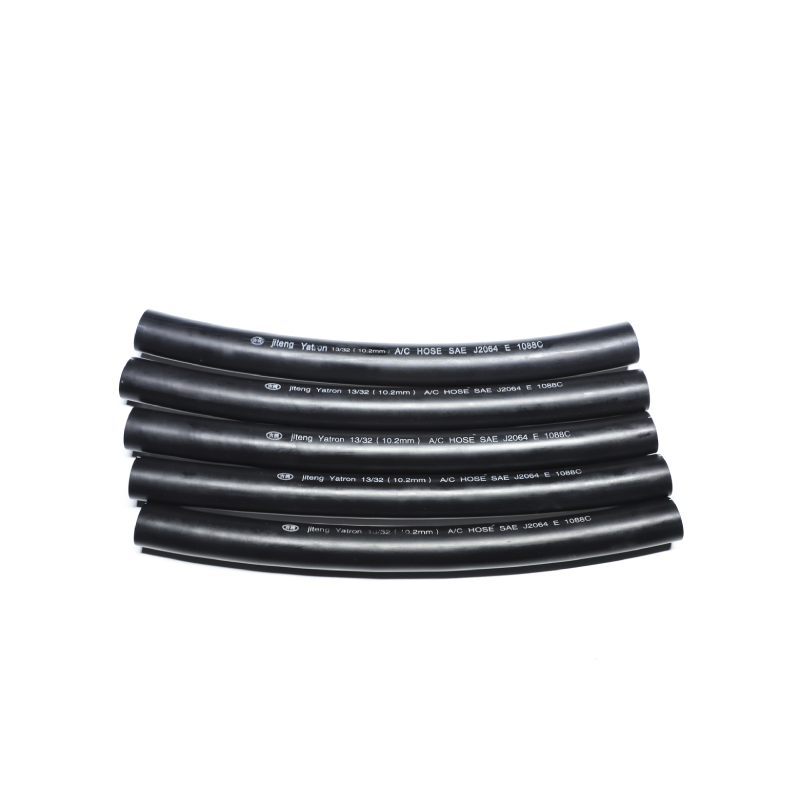Choosing the Right Fuel Line Hose for Your Vehicle's Needs and Safety
Nov . 01, 2024 06:41 Back to list
Choosing the Right Fuel Line Hose for Your Vehicle's Needs and Safety
Understanding Fuel Line Hoses Essential Components for Vehicle Performance
Fuel line hoses play a critical role in the operation of a vehicle’s fuel system. These specialized hoses are responsible for transporting fuel from the tank to the engine, ensuring that the right amount of fuel is delivered for optimal performance. Understanding the importance, construction, and maintenance of fuel line hoses is essential for any vehicle owner or enthusiast.
Construction of Fuel Line Hoses
Fuel line hoses are typically made from materials that can withstand high temperatures, pressure, and chemical exposure. Common materials include rubber compounds, thermoplastic elastomers (TPE), and fluoropolymers. These materials are chosen for their resilience, flexibility, and resistance to degradation from fuels and other automotive fluids. Manufacturers design fuel hoses to meet specific industry standards, ensuring durability and safety.
The inner lining of a fuel line hose is particularly important as it must resist the corrosive properties of various fuels, including gasoline, diesel, and biofuels. Additionally, the hose's outer layer provides protection against environmental factors such as UV radiation, abrasion, and mechanical wear. This robust construction is vital for maintaining a secure and leak-proof connection in the high-pressure environment of a vehicle’s fuel system.
Importance of Fuel Line Hoses
The functionality of the entire fuel system hinges on the efficiency of the fuel line hoses
. If these hoses become damaged, cracked, or worn, they can lead to fuel leaks, which not only pose a fire hazard but also result in decreased engine performance and increased emissions. Regular inspection of fuel lines for signs of wear and tear is crucial for maintaining vehicle safety and efficiency.fuel line hose

Additionally, fuel line hoses are vital for ensuring the precise delivery of fuel. Modern engines rely on accurate fuel-to-air ratios for optimal combustion. If the fuel line is compromised, it can lead to engine misfires, reduced fuel efficiency, and ultimately, increased emissions that harm the environment.
Maintenance and Replacement
To prolong the life of fuel line hoses, regular maintenance is essential. Vehicle owners should routinely check for cracks, bulges, or hardening, especially in older vehicles. It is advisable to replace fuel hoses as part of a vehicle's routine maintenance schedule, typically every 4 to 5 years, or sooner if any signs of wear are observed.
When replacing fuel line hoses, it’s crucial to select hoses that meet or exceed OEM specifications to ensure compatibility and performance. Improperly chosen hoses can lead to further issues down the line.
Conclusion
In summary, fuel line hoses are indispensable components of a vehicle’s fuel system, affecting overall performance, safety, and environmental compliance. Understanding their construction, importance, and maintenance can empower vehicle owners to ensure their cars run efficiently and safely. By taking proactive steps to care for fuel hoses, vehicle owners can enhance their engine’s performance while minimizing potential hazards.
